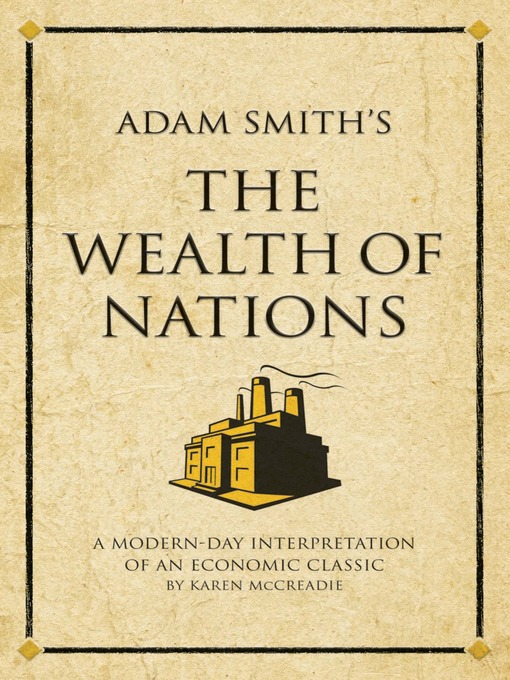The twisted, non-thinking of economists thinking economies must grow or they’ll collapse
Growth-based economics is so twisted, it acts as if degrowth is hard. Imagine the case of an island with enough resources to sustain, say, five thousand people with five thousand people living on it. Should they grow the population? Might deliberately choosing to limit birthrate to bring the population to, say, four thousand make them more resilient in case of a natural disaster that limited food production one year?
If there’s a population too high for a territory to support, I would think reducing that number would help, not hurt. When Captain Cook found the Hawaiian islands, about 300,000 people lived there. Now more nearly 1.5 million live there, supported by fossil fuels. If we stop using fossil fuels, the islands don’t have the resources to maintain 1.5 million people. Wouldn’t anything other than planned degrowth, say by following what Thailand and other nations did in reducing birthrate through voluntary, non-coercive ways, result in people dying?
Views like the myth that an economy must grow or it will collapse are why natural science is so valuable. My background in physics helps simplify, which led me to consider the five-thousand-person island example above. Let’s take a step back from how many of us were taught economics in school. Consider this perspective: the lakes and aquifers in the American west are depleting. Natural resources like the Amazon, glaciers, and the number of living species are decreasing everywhere. More people means less natural resource per person.
If degrowth is a problem, then human population shouldn’t survive smaller populations staying level. But our ancestors before agriculture lived for hundreds of thousands of years without growing, generally with higher marks of health, longevity, stability, and resilience, among other measures, than all agricultural societies until a few generations ago.
Economists believing economies must grow are so twisted, as I see them, that they see problems in everyone having enough. They solve the “problem” of people having enough by creating systems that motivate creating more all the time, which end up promoting people feeling unsatisfied and craving—systems like advertising.

As far as I know, most economics theory developed during periods of growth, which happened to be based on burning fossil fuels. The Wealth of Nations emerged during the Industrial Revolution, for example. Their theory emerged from practice and observation. They didn’t see degrowth nor did they practice it. I believe they confuse their theory with reality, losing sight that their theory is based on assumptions that need not hold.
Some economists are trying to create theories for how degrowth could work. I wish them luck, but if we really want to learn how degrowth can work, I believe the fastest, most effective way is to practice it, solve the problems that come up, and create a theory based on the observations.
That’s how theory develops. Not always, but generally, we find data, then explore it, then learn the patterns enough to predict what would happen in unobserved situations.. Current economic theory has little data relevant to degrowth so economists can’t see how to talk about it, which differs from it not working.
Anyone to whom it’s not obvious to that more nature per person means more abundance than less, they’re so disconnected from the world they may not realize they don’t know what they’re talking about.
Caveat
I took some classes in economics and have read about it, but admit I may have written beyond my knowledge. Part of the point of my writing is to learn and relieve my ignorance in areas I care about. I appreciate being enlightened on points I missed or misunderstood.
Read my weekly newsletter

On initiative, leadership, the environment, and burpees